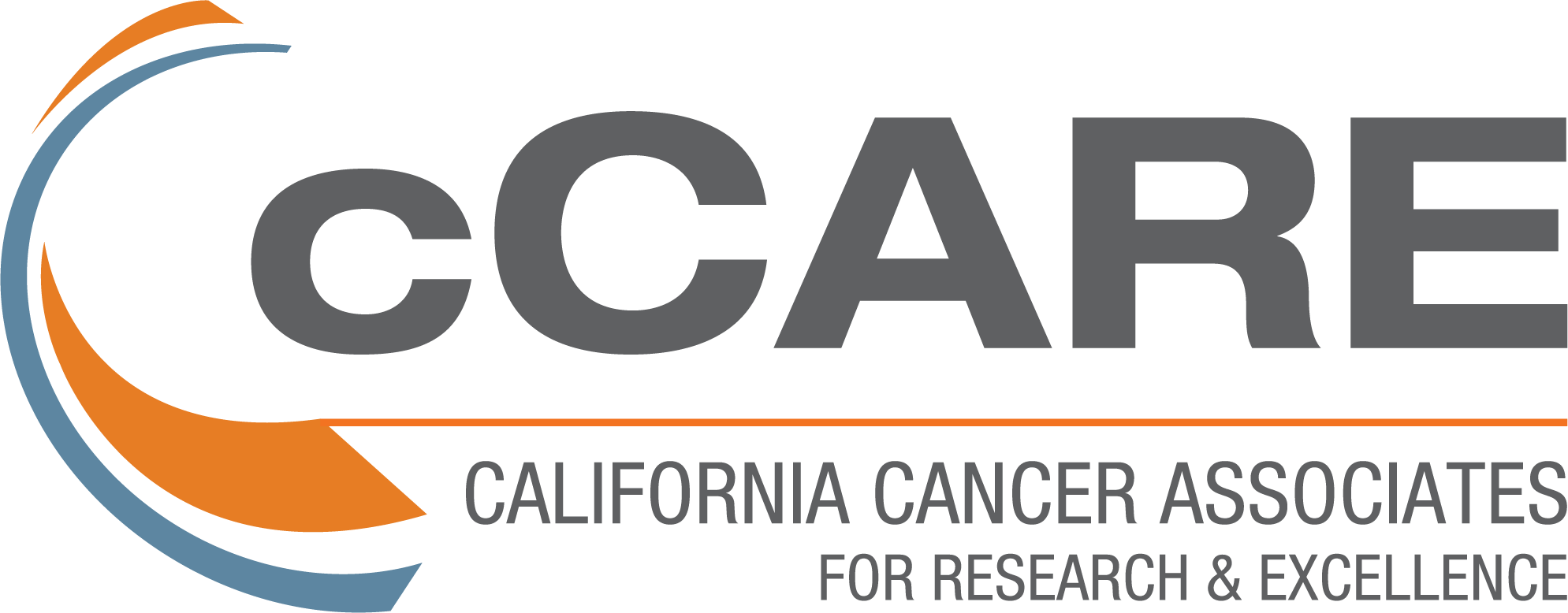
Advances in emerging immunotherapy treatment offer a surging wave of hope in our continued fight against cancer
Earlier this fall, the U.S. Food & Drug Administration (FDA) approved the use of a drug called Kymriah, a special type of cell-based gene therapy to treat the most common form of childhood leukemia. This was a landmark decision because this drug is the first of its kind to move from clinical trial to approval for widespread use.
Kymriah is also called chimeric antigen receptor T-cell therapy (CAR T-cell therapy). It works by removing some of the patient’s immune cells (called T-cells), genetically modifying them to attack the leukemia, and then re-introducing them to the body. In effect, this reprograms the patient’s cells to recognize and fight the cancer.
This type of treatment falls under a broader category called immunotherapy, an emerging class of medications that harness the body’s own immune system to attack cancer cells, recognizing the disease as a foreign invader just as they would a cold virus or bacterial infection.
Immunotherapy drugs are currently the subject of a flurry of enthusiastic clinical research, with many under intense evaluation in ongoing clinical trials. A growing number of immunotherapy drugs are already FDA-approved for use against certain types of cancers.
Learn More About Immunotherapy
The promise of immunotherapy
The most recent annual progress report published by the American Society of Clinical Oncology (ASCO) noted that over a period of just one year (November 2015 – October 2016), the FDA approved 20 different immunotherapy drugs for the treatment of more than a dozen cancer types.
As more and more of these drugs are approved, an increasing number of cancer patients are offered a second chance at a longer and happier life – even complete remission in some cases. This is particularly good news for those whose cancer has not responded to more traditional treatment methods like chemotherapy, radiation and surgery.
What’s more, Kymriah and other drugs like it represent a growing trend toward “personalized,” “precision” treatments that account for the patient’s unique genetic makeup in order to tailor-engineer cancer fighting cells. This kind of approach stands in sharp contrast to chemo and radiation, which treat every individual in a similar manner irrespective of their personalized cancer traits.
Chemo and radiation also stop working once treatment is over. In theory, gene-based therapies could work for a lifetime – much like a vaccine – altering the genetic structure of a patient’s immune system so it recognizes the cancer and prevents recurrences.
We still have a long way to go
There is still much to be done when it comes to researching and improving upon immunotherapy. For one, it is not free of unpleasant and even life-threatening side effects.
Tucked into the news of the FDA’s approval of Kymriah was the expanded approval of a drug called Actemra, which is designed to treat a common immunotherapy side effect called cytokine release syndrome (CRS). Essentially, CRS is the body’s response to a revved up immune system. It resembles a really bad case of the flu – fever, nausea, chills and more serious complications such as low blood pressure and difficulty breathing.
Symptoms of viral infections like the flu are not caused by the virus itself, but by the immune system’s response to it. CRS is a sign that the immunotherapy is working, but it can be fatal if left unchecked.
We’re also not sure why immunotherapies work for some patients and not others. And there is much work to be done in determining why certain cancers are more responsive to immunotherapy approaches than others. These questions will be explored in the coming years as cancer research continues to press forward.
Federal funding fuels full-speed-ahead cancer research
Much of the progress that we’ve made in treating cancer can be directly attributed to federally funded research. Cancer death rates have dropped 23 percent since their peak in 1991, and nearly 100 cancer-fighting drugs have been approved by the FDA over the last decade. Today, 2 out of 3 people with cancer will live for five years or longer after diagnosis – up from about 1 out of 2 in the 1970s. We’re on a great pace.
Federal funding from the National Cancer Institute (NCI) is critical to sustain the rate of progress of cancer research. That’s because government funded research delves into less profitable but nonetheless vital topics of research that private sector funding does not typically support.
The agency overseeing the NCI, the National Institutes of Health, received a budget increase last year – the first in more than a decade. However, the inflation-adjusted budget of the NCI remains lower than it was before the recession of 2008.
I urge my patients, the men and women in Congress and my fellow physician colleagues to advocate for the continued funding of cancer research.
We have so much reason for hope, and we shouldn’t let a lack of finances get in the way of forever changing the course of cancer treatment. Instead, we should continue running full speed into the bright frontier of modern cancer research.
